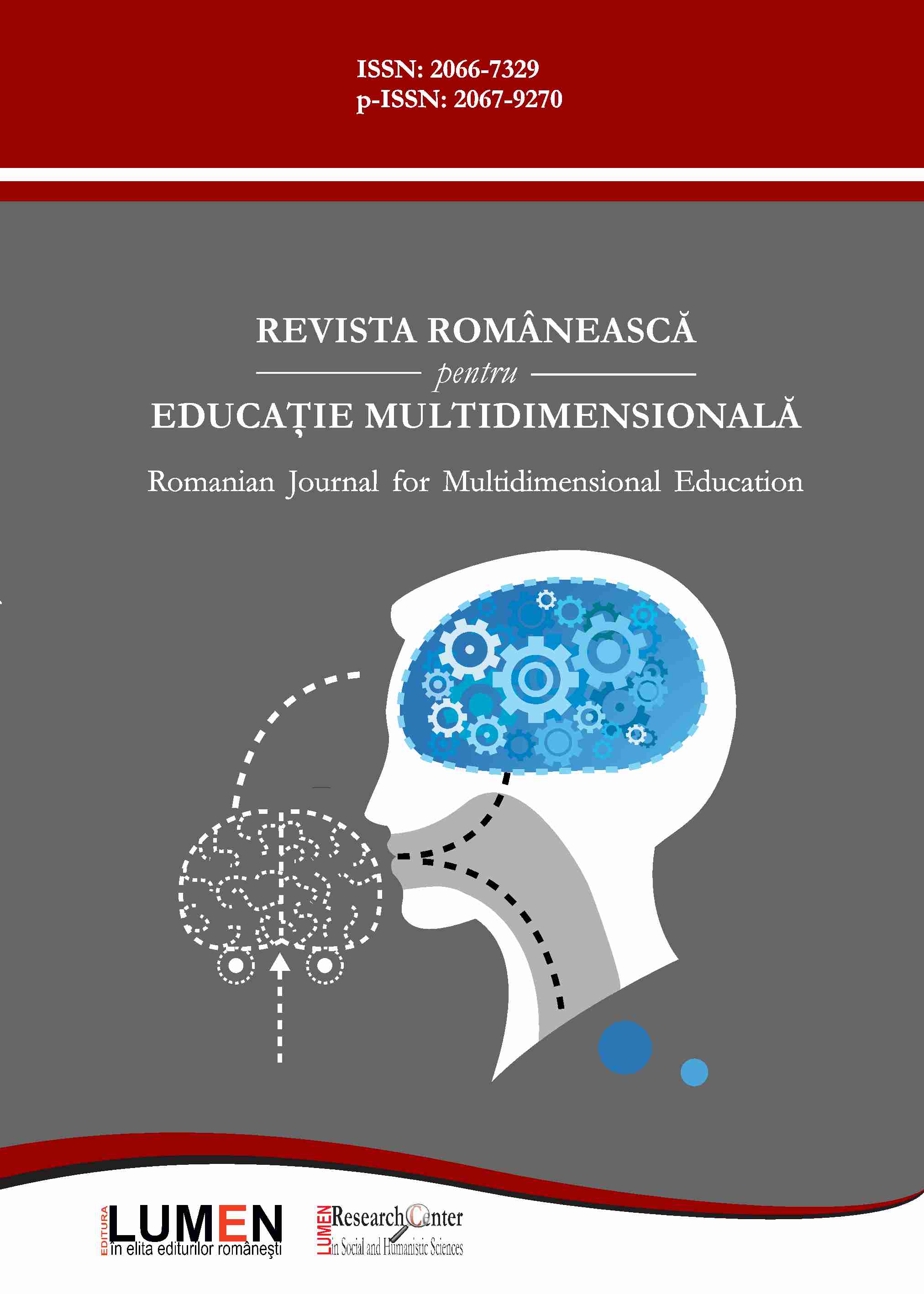Students’ L2 Psychological and Phonological Listening Comprehension Difficulties Diagnostics
Students’ L2 Psychological and Phonological Listening Comprehension Difficulties Diagnostics
Author(s): Olha Kharzhevska, Kateryna Oleksandrenko, Tetiana Pershkova, Svitlana Pilishek, Olha Rudoman, Yuliia YakymchukSubject(s): Sociology of Education
Published by: Editura Lumen, Asociatia Lumen
Keywords: listening comprehension difficulties; students’ attention; listeners’ patience; short-term memory; phonological competence;
Summary/Abstract: Listening is an integral part of communicative process and one of the most difficult skills to develop. The complexity of this concept leads to difficulties in defining it. Listening is viewed by scientists as a process, as a multidimensional construct, as a competency. It has the inner form and does not emerge in the outer plan. Such mechanisms of listening as mechanisms of perception, mechanisms of inner speaking, mechanisms of memory, mechanisms of speech segmentation, mechanisms of interpretation, anticipation mechanisms have been described in the article. To develop students’ listening skills it is necessary to distinguish difficulties that they face while listening to a text in a foreign language. Listening comprehension difficulties have three sources: those connected with the listener, connected with the speaker and connected with outer factors. The following students’ L2 listening comprehension difficulties have been distinguished: difficulties connected with a lack of students’ knowledge about the world; insufficient communicative competence that consists of phonetic, lexical, grammatical, textual, sociocultural and functional aspects; psychological factors (inability to focus attention, listener’s impatience to the interlocutor, not enough developed listening memory, low motivation); individual features of a student (individual cognitive features, age and personal interests, negative experience gained earlier while doing listening comprehension tasks); difficulties connected with incompetent text selection (mismatch between text complexity and level of students’ listening comprehension development: high tempo, a lot of new words, new grammar structures, too saturated information content, difficult structure of the text, a lot of implications in the text for listening); outer factors (bad quality of the record, low or too high volume of sound, noise interference). A questionnaire for finding out individual students’ psychological and phonological L2 listening comprehension difficulties has been created and recommendations on diminishing these difficulties have been offered.
Journal: Revista Românească pentru Educaţie Multidimensională
- Issue Year: XI/2019
- Issue No: 4
- Page Range: 193-220
- Page Count: 27
- Language: English

